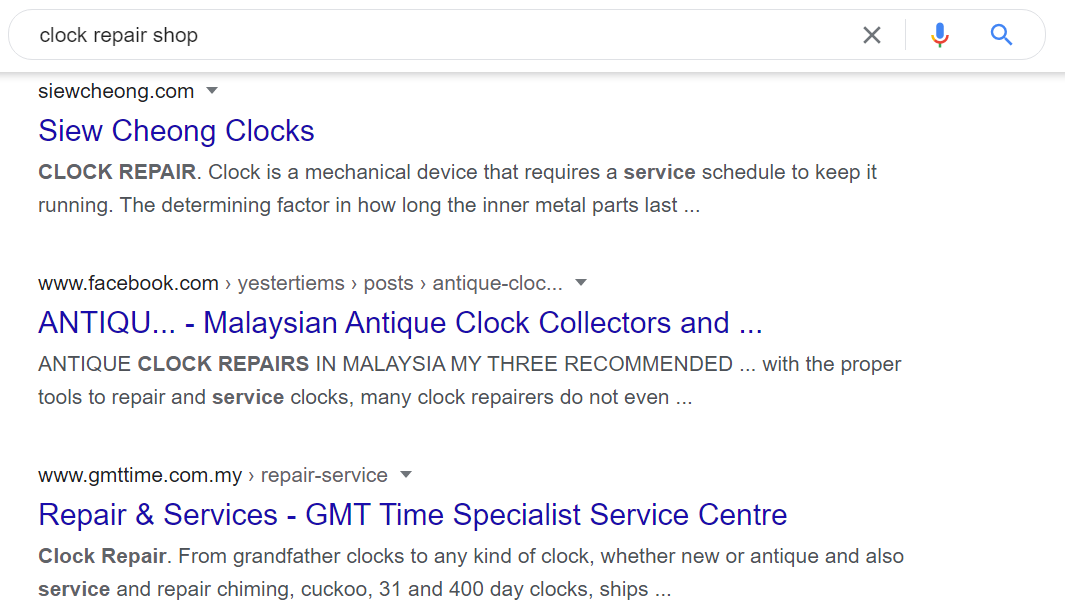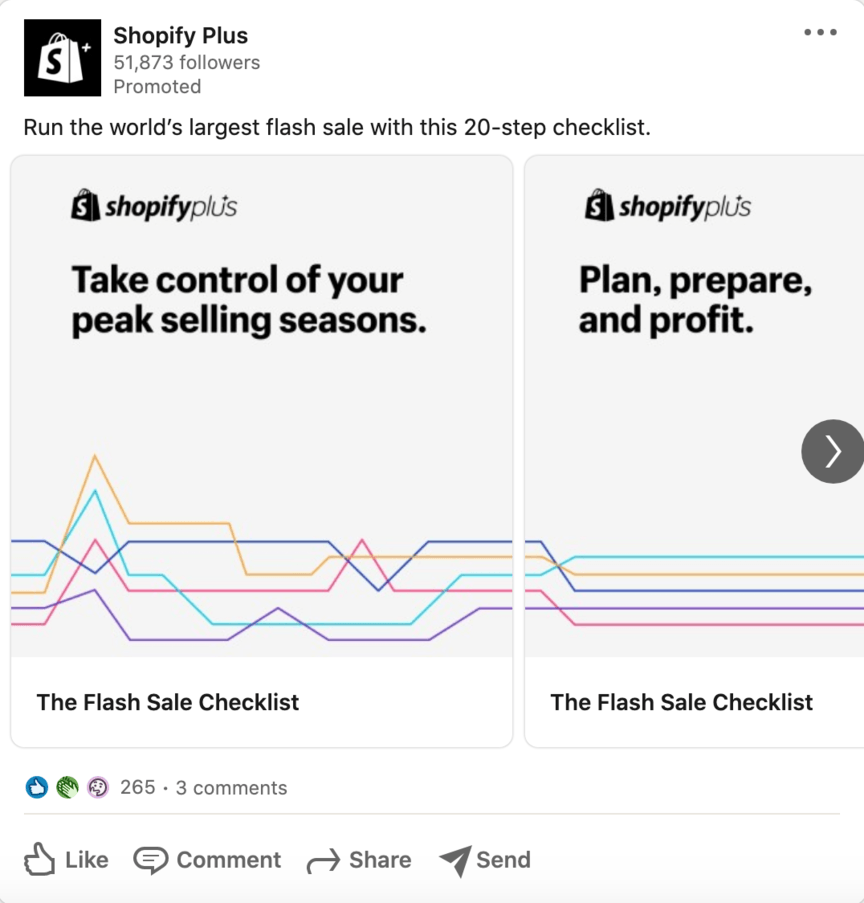As with any business, the goal of your company is to generate revenue — but you can’t do that if people don’t even know you exist.
To have any shot at turning a profit, it’s essential to market your business. And in today’s world, there’s no better place to do that than online.
The Internet offers a wealth of options for reaching your ideal audience, options your competitors are likely already taking full advantage of. To keep ahead of them, you need to look into crafting a digital marketing strategy.
But what is digital marketing for small businesses? What marketing tactics does it involve? We’ll answer both of those questions in detail below, so read on to learn more.
Table of Contents
What is digital marketing for SMBs?
Digital marketing is a broad term but a simple enough one to understand. Essentially, it’s any marketing or advertising that takes place through a digital medium, usually through the Internet or on devices like phones or computers.
As you might expect, a wide variety of strategies are included under the umbrella of digital marketing. Some of them aim to reach users through social platforms, while others focus on search engines or email.
All of them aim to accomplish the same basic goal, though — to generate leads and convert users, ultimately driving up revenue for your company. And with digital media being so prevalent today, they have a significant edge over more traditional forms of marketing.
4 top-notch digital marketing strategies
Ultimately, talking about digital marketing for SMBs as a whole won’t get you very far because it’s such a broad topic. Instead, it’s easier to break it down into some of the individual strategies that compose it.
While there are quite a few digital marketing strategies out there, four in particular stand out from the crowd for their significance and effectiveness. We’ll go over each of those strategies below!
1. Search engine optimization (SEO)
The first — and possibly most significant — digital marketing strategy is search engine optimization (SEO). The goal of SEO is to optimize your website content to rank in organic Google search results so that people will find it in response to their searches.

Optimizing for Google rankings means designing your content to satisfy Google’s ranking algorithms, which take a variety of things into account when ranking web results.
To start with, you can include specific keywords — search terms — in your content so Google knows which searches your content should appear in. Other things you can do to improve your content’s chances of ranking in Google include:
- Earning backlinks (inbound links to your content)
- Optimizing images
- Creating a Google My Business profile
- Using HTTPS
- And more!
With a well-constructed SEO campaign, you can get your content to appear in the searches your audience is making, introducing them to your business and hopefully prompting them to buy from you!
2. Pay-per-click (PPC) advertising
SEO isn’t the only type of online SMB marketing that lets you reach people through Google. In addition to aiming to reach the top of the organic rankings, you can appear at the top of Google search result pages with paid advertising — specifically, pay-per-click (PPC) advertising.
PPC is a strategy where you pay advertising platforms — Google Ads being the most common one — to display ads for your business above the organic search results. The ads look similar to organic results, save for the “Ad” label in the top corner.

To launch a PPC campaign in Google Ads, you first draw up a list of keywords you want to target. Then you bid on those keywords based on how much you’re willing to pay to display your ads for them.
Anytime someone searches one of those keywords, Google will display ads from amongst the bidders based on:
- Bid amount
- Quality Score (Google’s assessment of an ad’s overall quality)
With the right bidding strategy and some well-designed ads, you’ll be able to reach users through Google in a whole additional way. The best part is, you only have to pay for PPC ads when people click on them, making it a very cost-effective strategy when done well.
3. Social media marketing and advertising
Did you know that the average user spends 28% of their Internet time on social media? That’s why social media marketing is so often a huge part of successful digital marketing strategies. By advertising where people spend the most time, you have the best shot at reaching them.
Social media marketing begins with setting up an account for your business, which you can do on one or more platforms. Some of the best platforms to market on include:
From your business account, you can post engaging marketing materials that encourage interest in your brand. Things like videos introducing your team, or infographics explaining how your products work, are fantastic ideas for content to post.
In addition to organic social media posts, though, you can take advantage of paid social media advertising. Most platforms allow you to run paid ads on their platform, often in the form of in-feed ads — that is, those that appear right in users’ social media feeds.

Best of all, you can target your paid ads toward groups that match certain characteristics, like age or location. That ensures you reach the most relevant possible audience.
4. Web design and development
Ultimately, all your online SMB marketing is going to lead users back to one place — your website. That’s where you’ll make the final push for them to convert, so it’s critical that you hold your web design to the same standard as your other marketing strategies.
A variety of factors go into effective web design. To start with, you’ll need to use your site to brand yourself, with your chosen visuals and word choices communicating how you want users to view your business. You also have to optimize various technical features, though, including:
- Page load speed
- Mobile-friendliness
- Clear navigation
- And more!
You don’t want users to visit your site and then immediately feel compelled to click away, which is why it’s essential not to miss out on this strategy. Digital marketing for SMBs is all about convincing users that you’re worth buying from, and your site should reflect that.
Digital Guru knows digital marketing for small businesses
If you’re new to online SMB marketing, you could use some help getting started with the strategies listed above — and that’s why we’re here! At Digital Guru, we’re dedicated to driving stellar results that make our clients happy.
With our digital marketing services, you can receive expert help optimizing everything from PPC to web design. You’ll also receive a dedicated account representative to keep you informed of everything we do for your business.
Just call +6011-31362750 or contact us online today!




